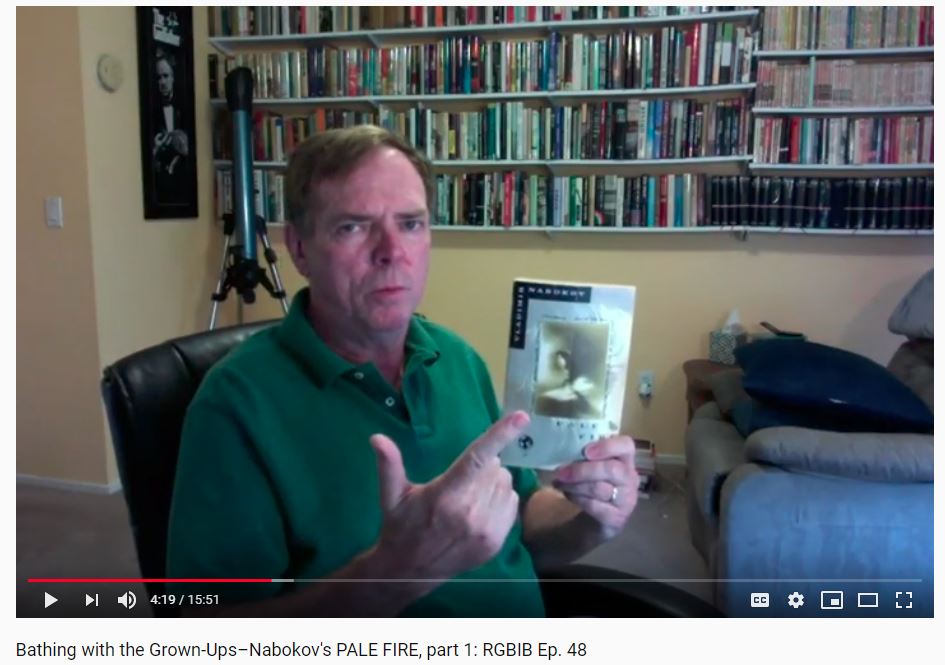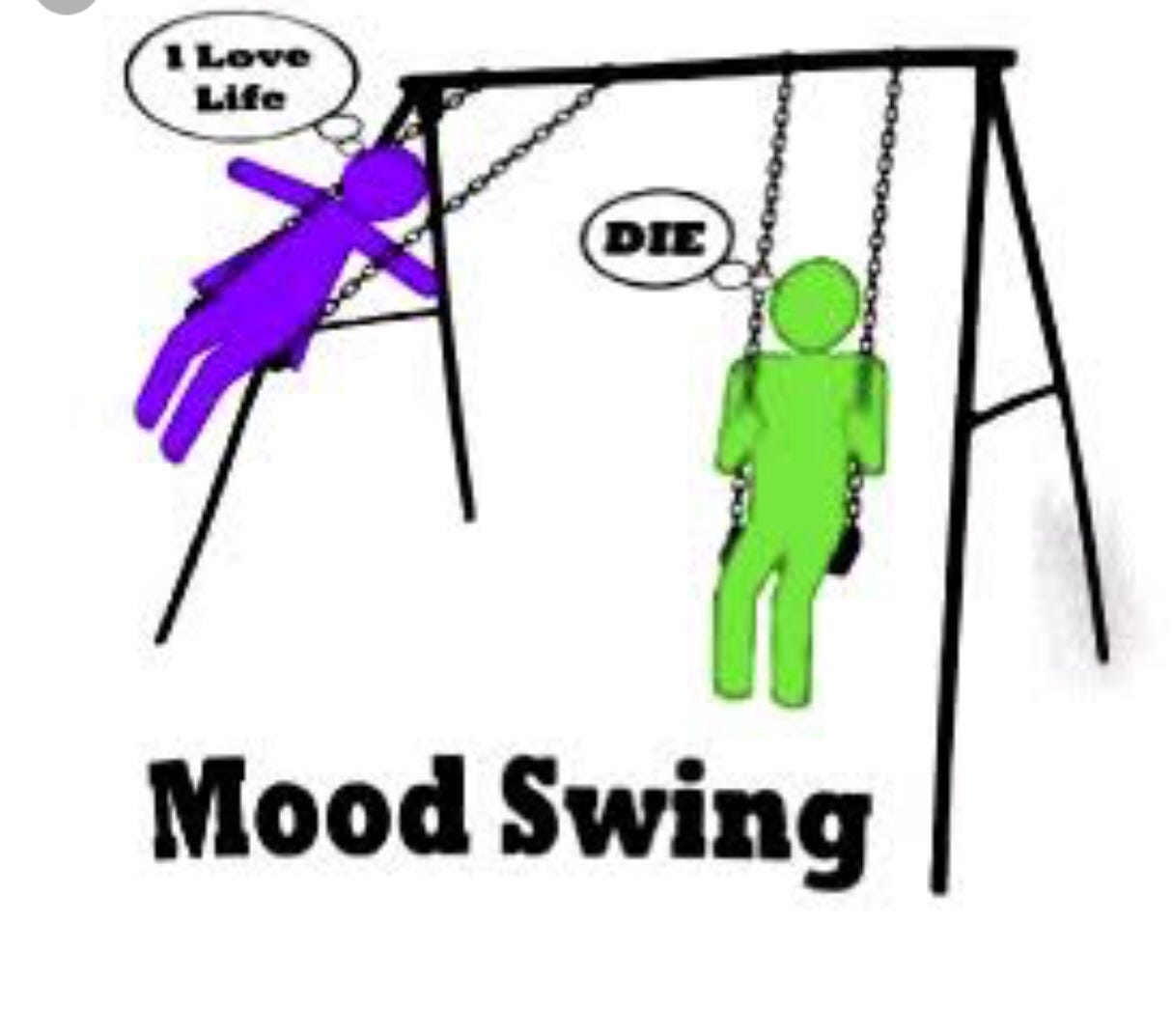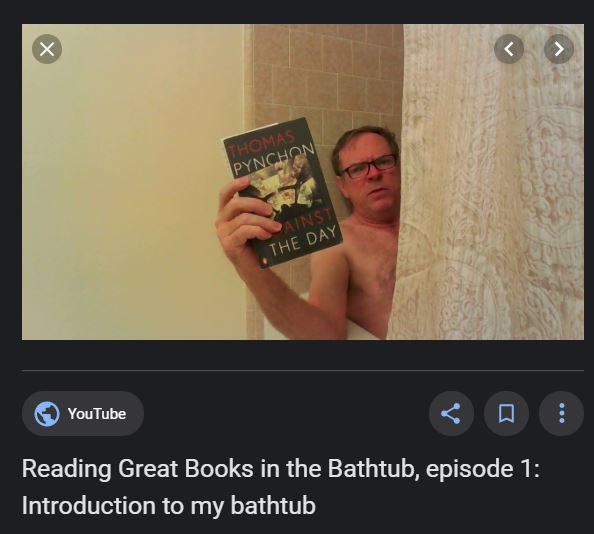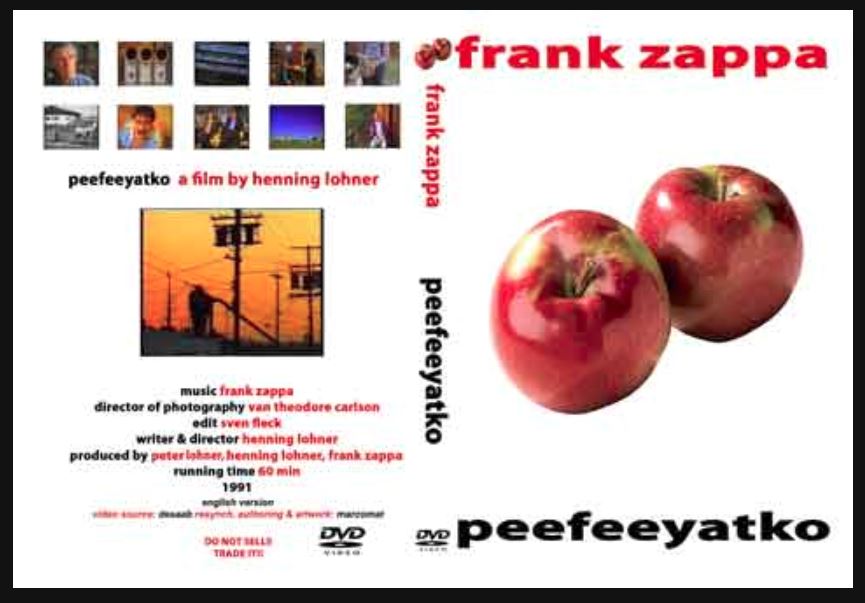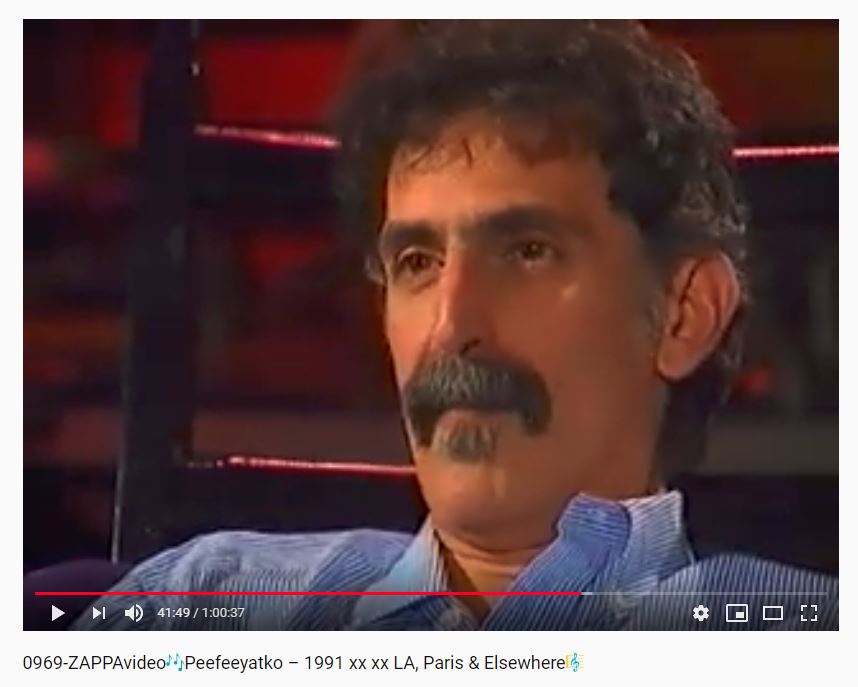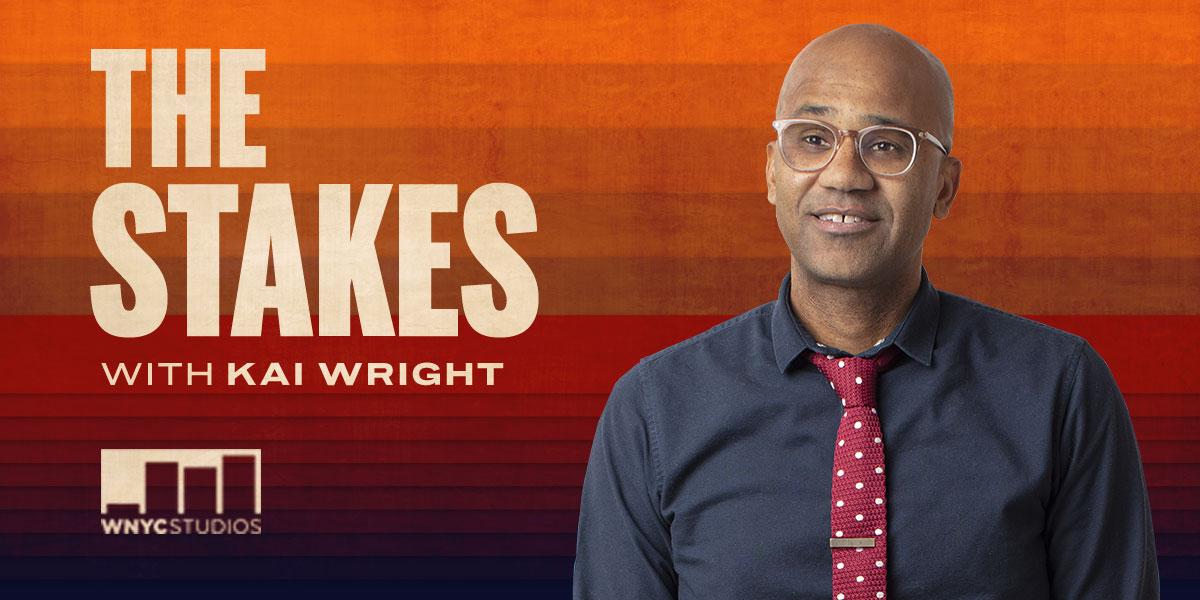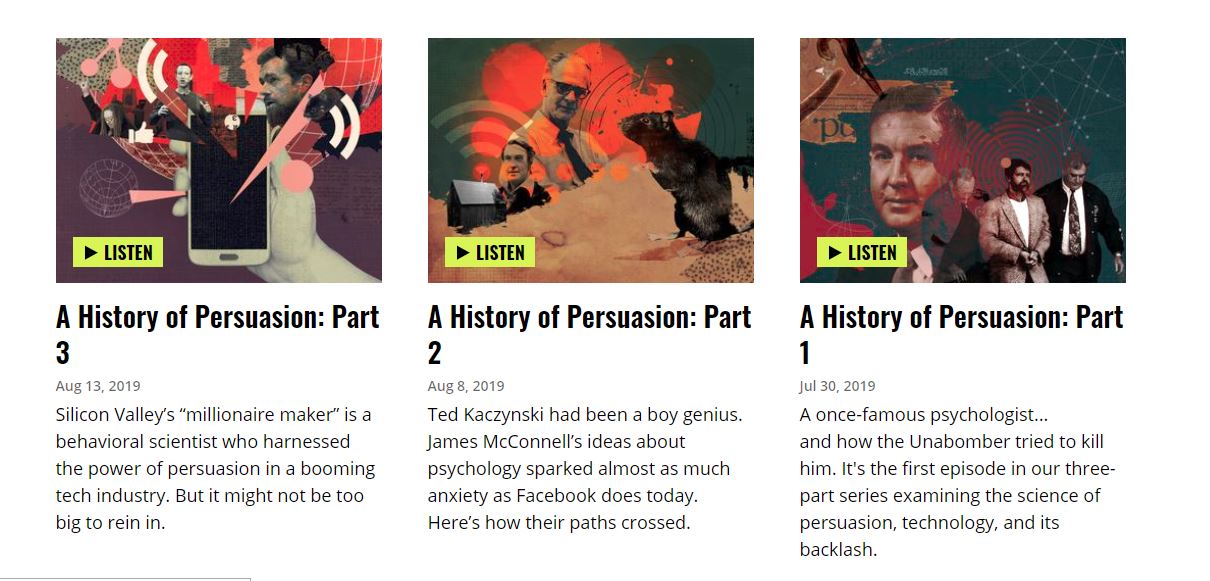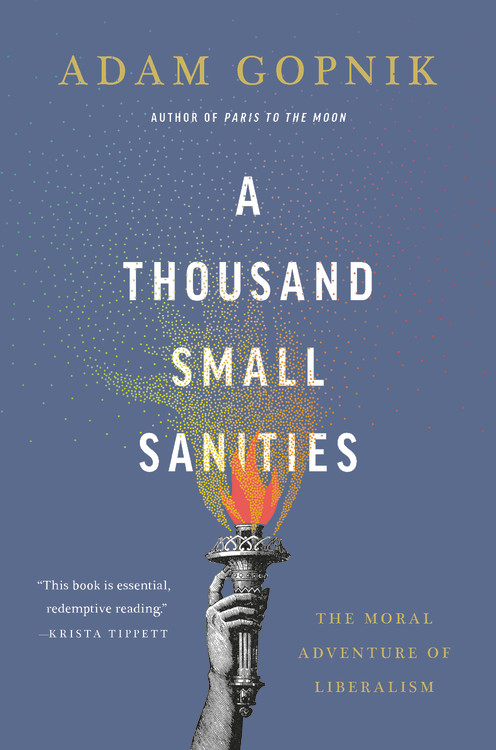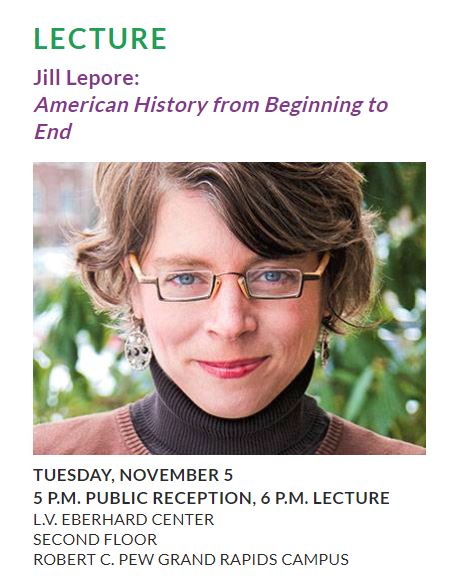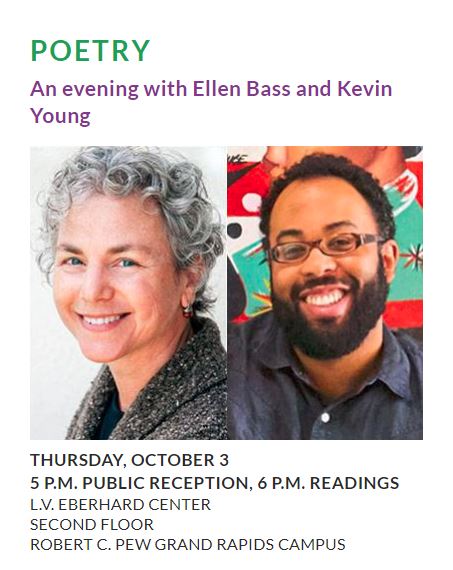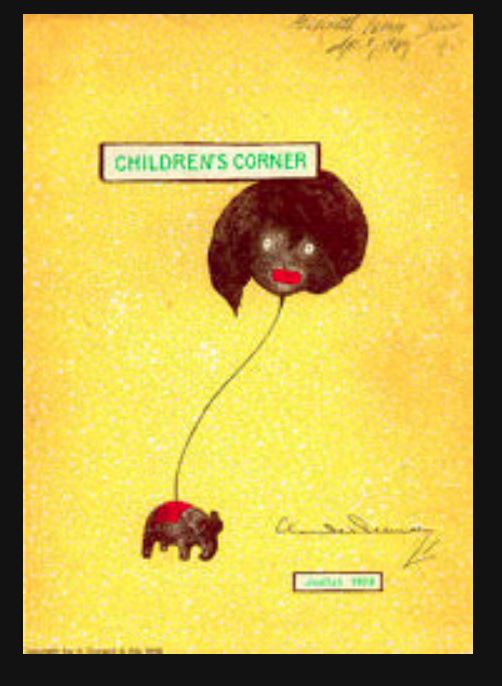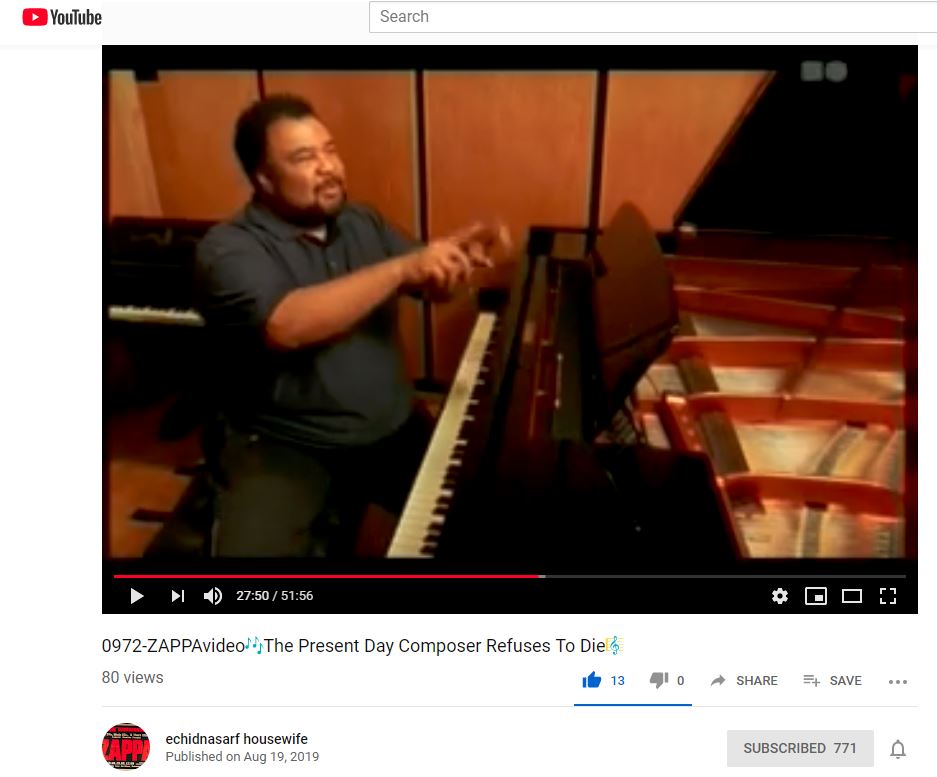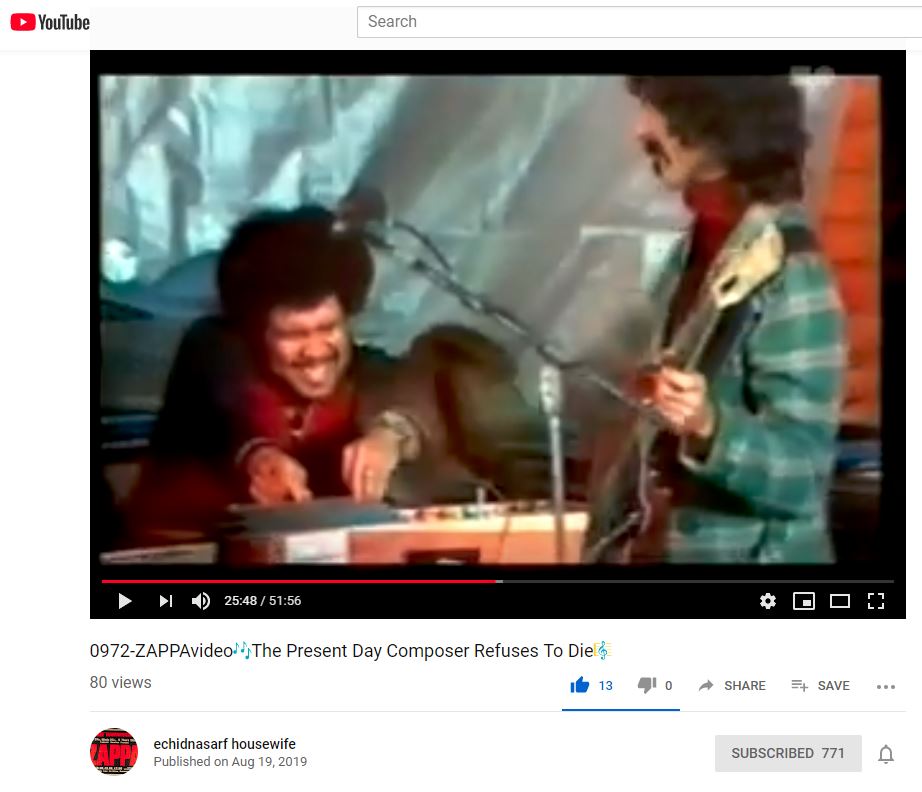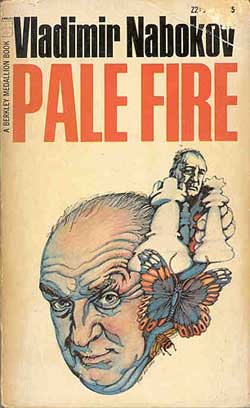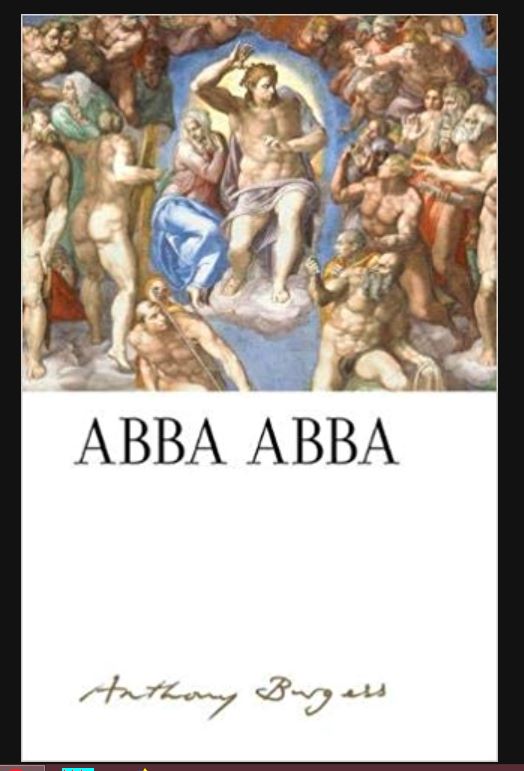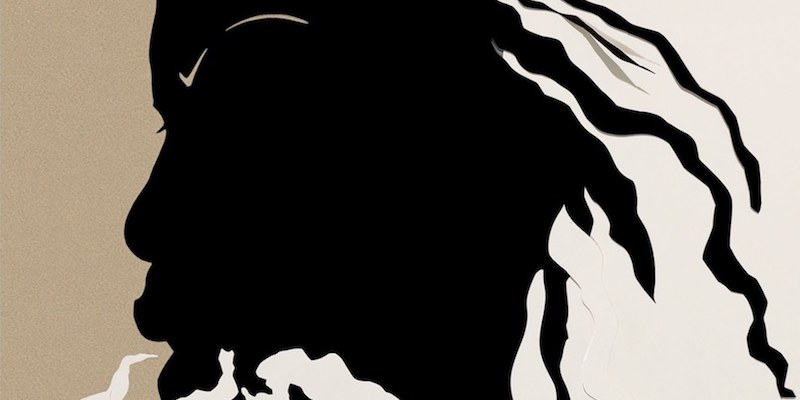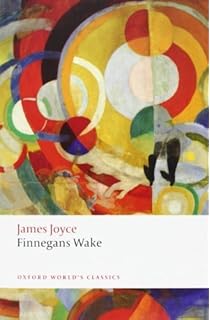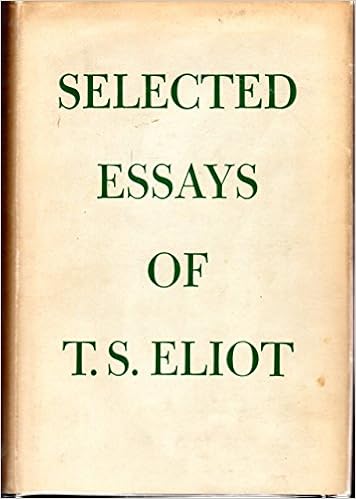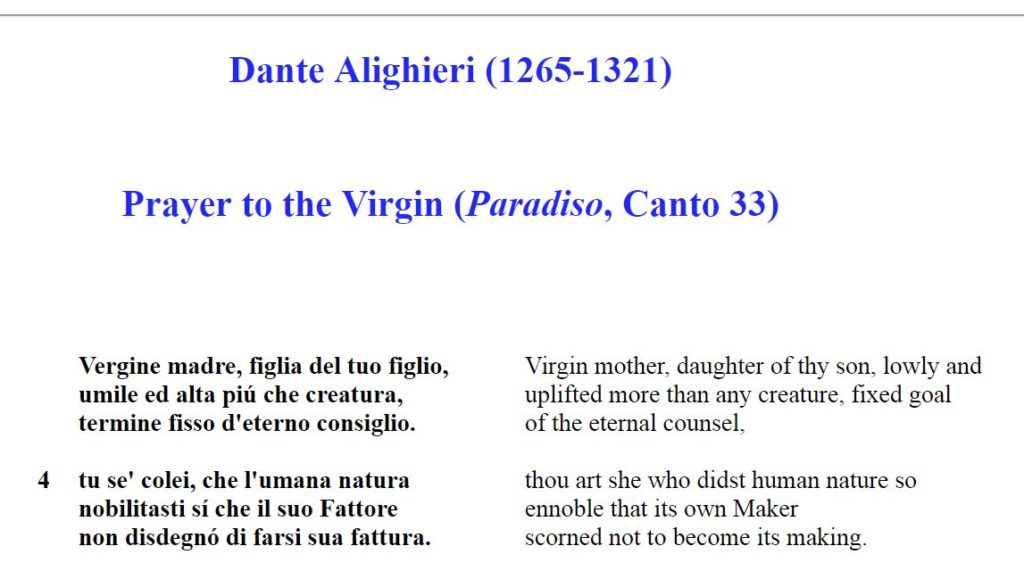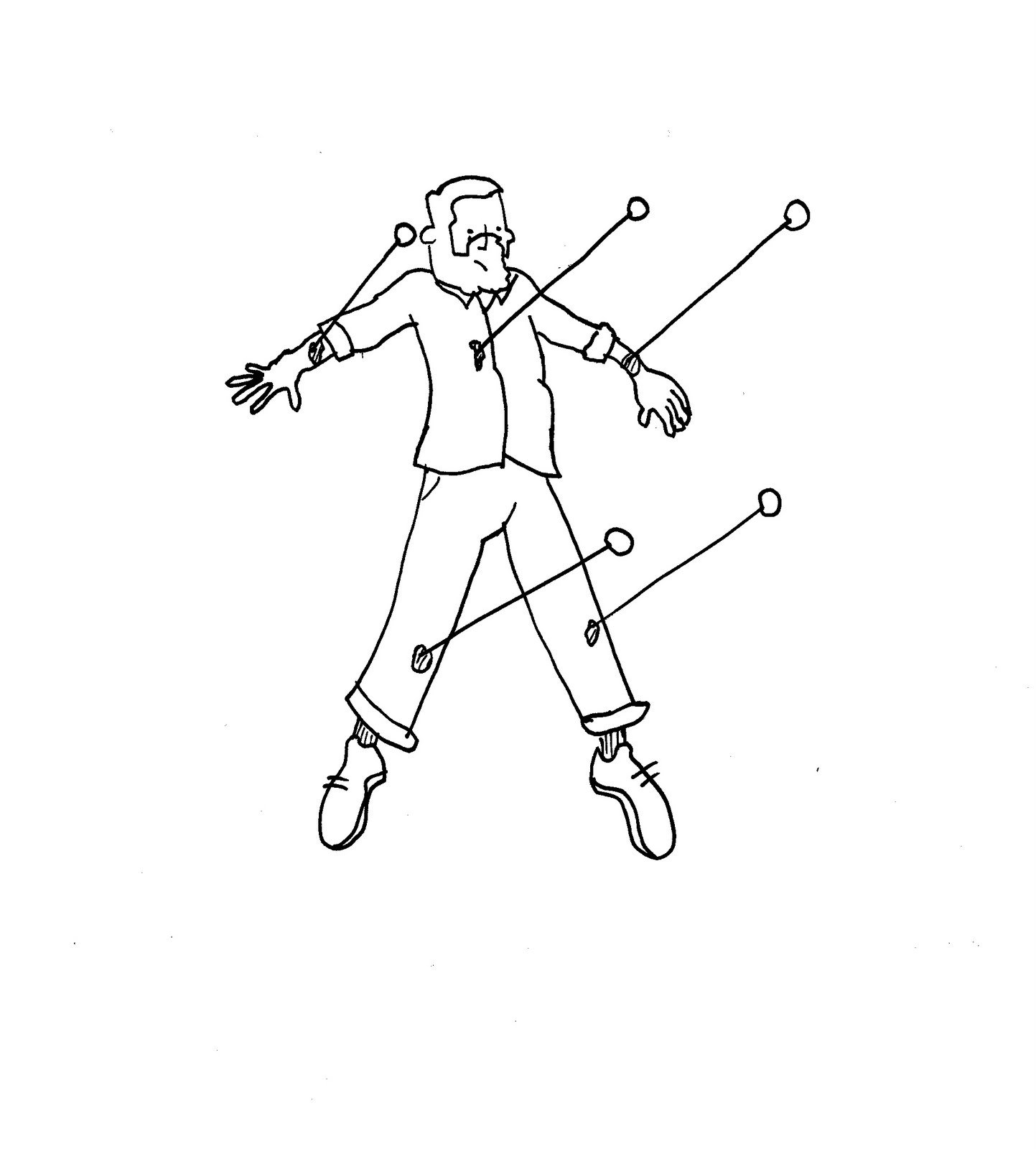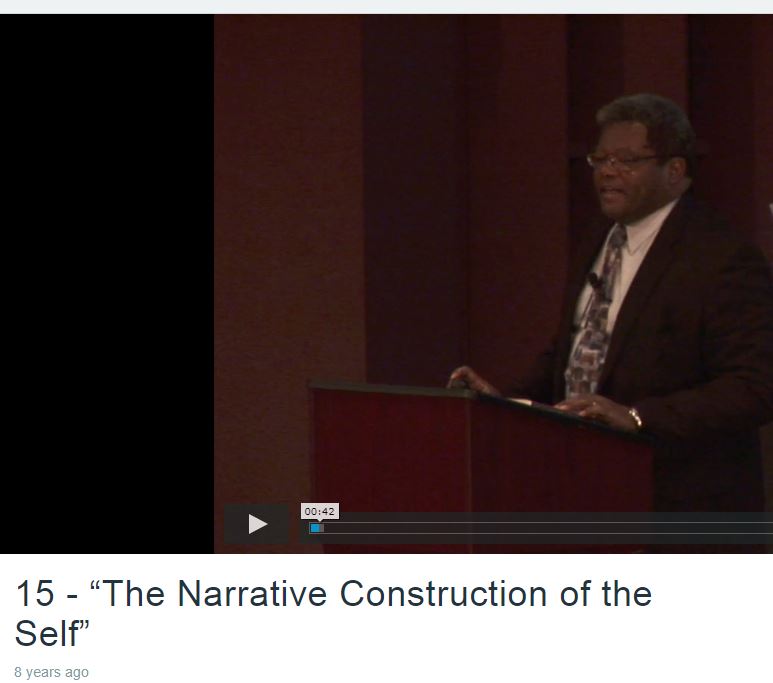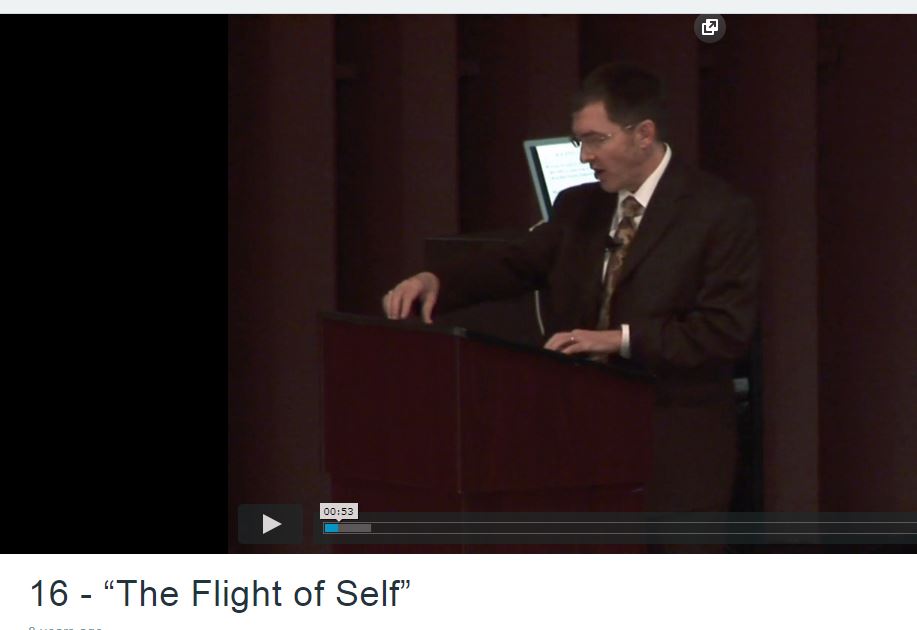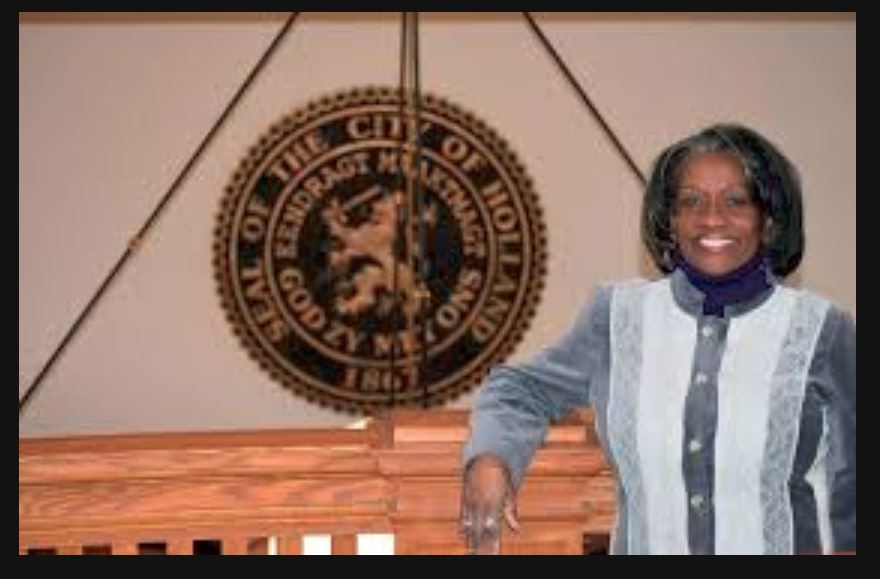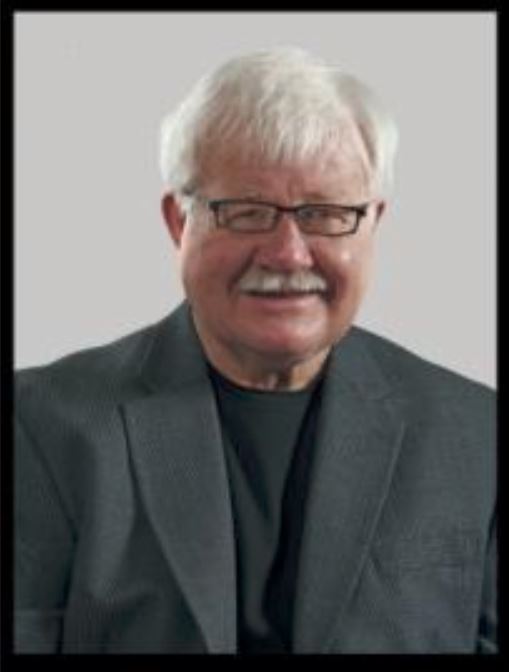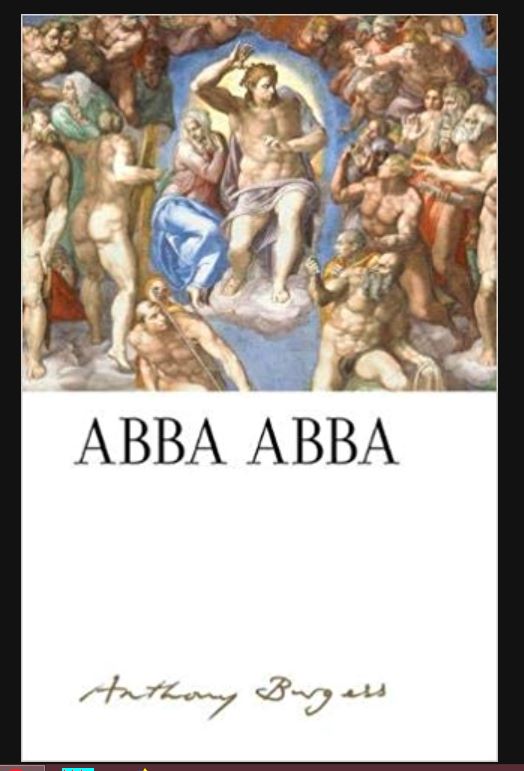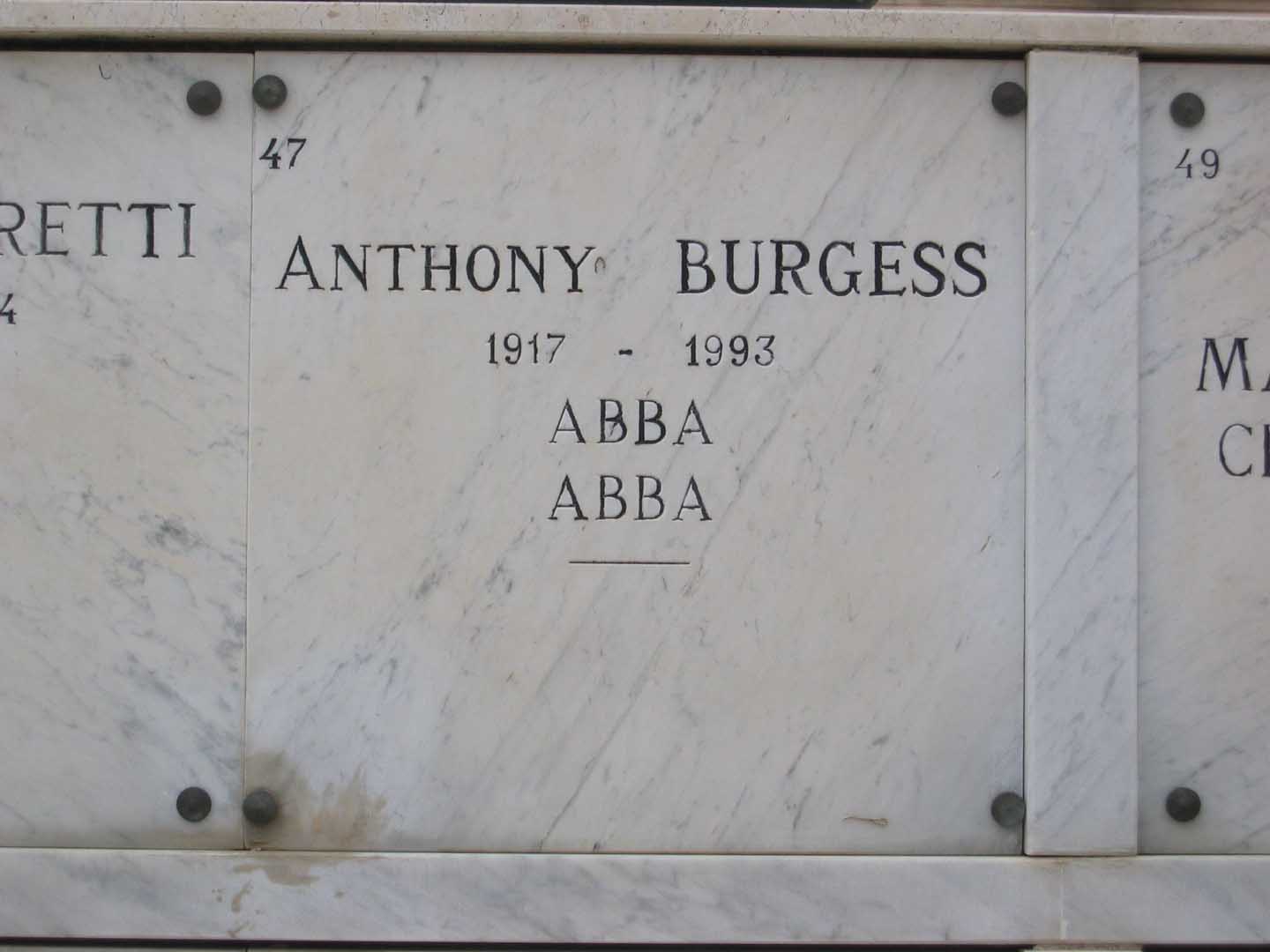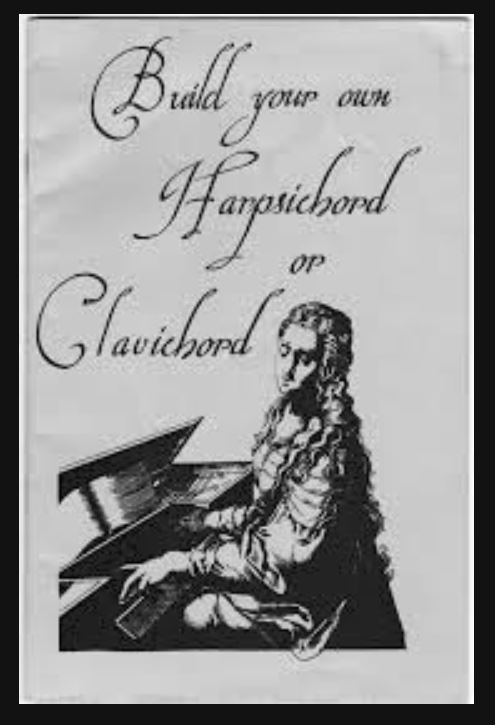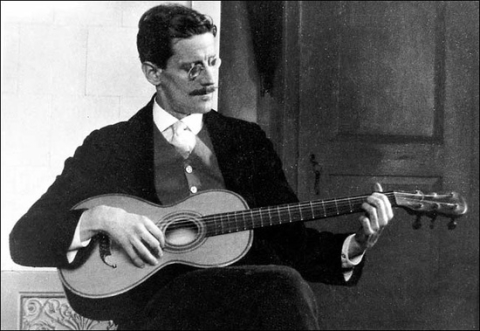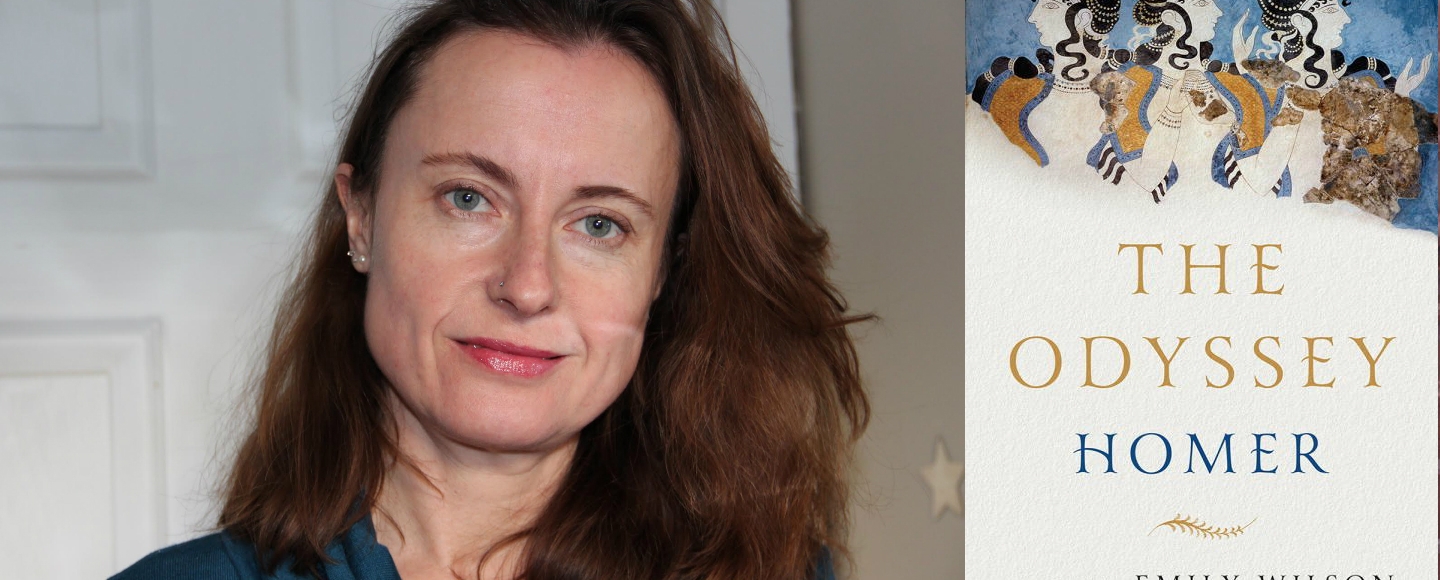
I am guardedly hopeful that I will be able to figure out a way to survive continuing to work at my job. Yesterday, our first Pastoral Staff meeting left me in a very typical state of interior mental fugue. The complexities of interaction throw me into an odd unpleasant state as I experience and process them. I am thrown off balance as I process and contribute to conversations realizing that I am more intense than the situation may warrant.
This intensity is very much who I am and relates to my own self image as an introvert. Yesterday I was successful in not proceeding to a stage of self recrimination and then self pity at my inability to meet other people’s expectations no matter how much I disagree with these expectations.
I am intent on staying as far away from my own personal trap of self pity as possible. My family has a tendency towards this and I have it in spades. But yesterday as the day wore on (and unfortunately throughout much of last night) I felt a mild sense of depression as I processed the new situation at my work of having two new staff people and a temporary commitment to weekly meetings of them, myself; Rev Jen; Mary, the parish administrator; and Rev Jim, our assistant priest.
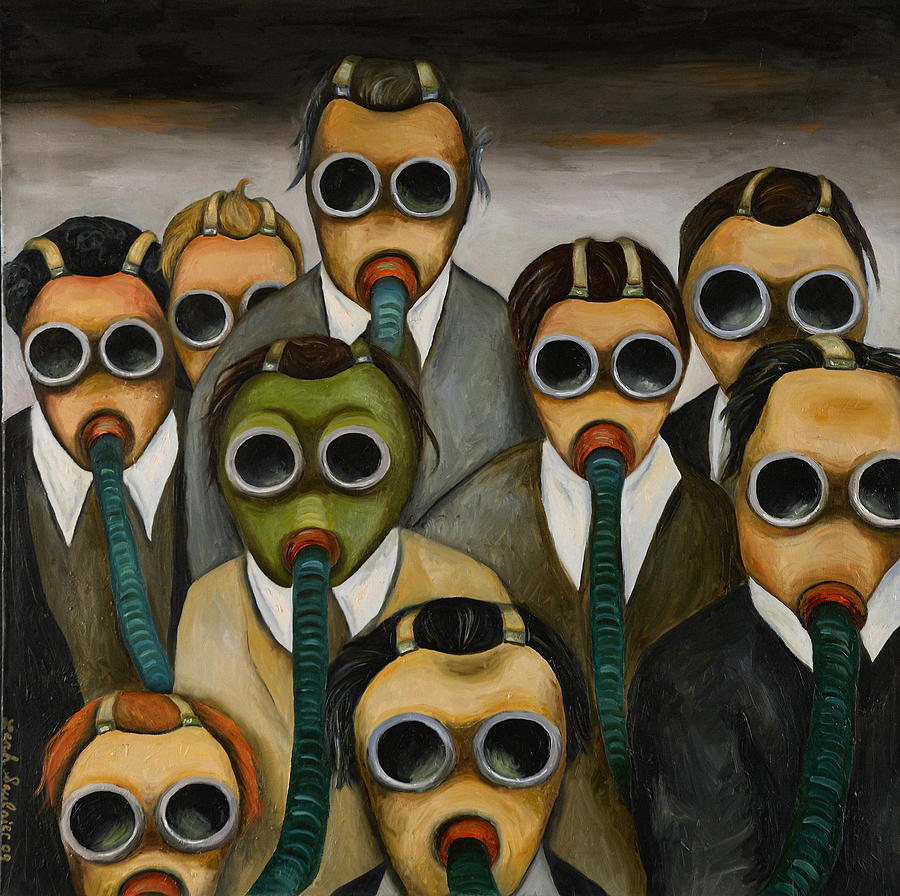
I think it is Jen’s intention that these meetings will take the place of our private weekly meetings for a while. I sent her an email this morning with a couple of suggestions on how these meetings might be improved. My stance is to try to be helpful but at the same time not develop ownership or frustration about things that I don’t actually care that much about. I have agreed with Jen to try to give input to her no matter how uncomfortable it is for her. This is our private understanding. Some of this was functioning in the larger group yesterday as I found myself doing a bit of co-teaching with her and then doing some bits of challenge to everyone in the room (including Jen).
I think this is what Jen needs from me.
But I have been thinking about what I need, hence my suggestion email.

On a happier note, I have now planned hymns and anthems through the last Sunday of November. This leaves Advent for this year. I’m hoping I can continue to chip away at prep without devouring hours of my time.
I think that Toni Morrison and Vladimir Nabokov have taught me to revisit their novels that I have recently finished. I’m also doing this with James Joyce.

My interlibrary loaned copy of Brian Boyd’s Nabokov’s Pale Fire arrived yesterday. I continue listening to videos of information about this book and Toni Morrison. I feel that I am drawing closer to deeper understandings of these books as well as James Joyce.
I keep thinking about Scott Bradfield’s primitive approach to reading. His little metaphor of “Reading in the Bathtub” seems to mean not using notes or other books to understand the books you are reading. I can’t understand how he would ignore the idea that books and ideas are in conversation with each other. In fact, I’m not sure he does ignore it only profess that one should simply throw oneself at the text. I do admire that part.
Brian Boyd’s book on Pale Fire is an exception for Bradfield but he recommends it with mixed reviews. He (Bradfield) keeps telling people to reread the book. On this I am sure he is correct. Nabokov and Boyd have a beautiful idea about reader as co-creator. As the reader is drawn into the perplexities of Pale Fire and begins to reread creatively and ponder the problems of the narrative, the satisfaction and insight of solving problems in it are like solving a chess problem elegantly.
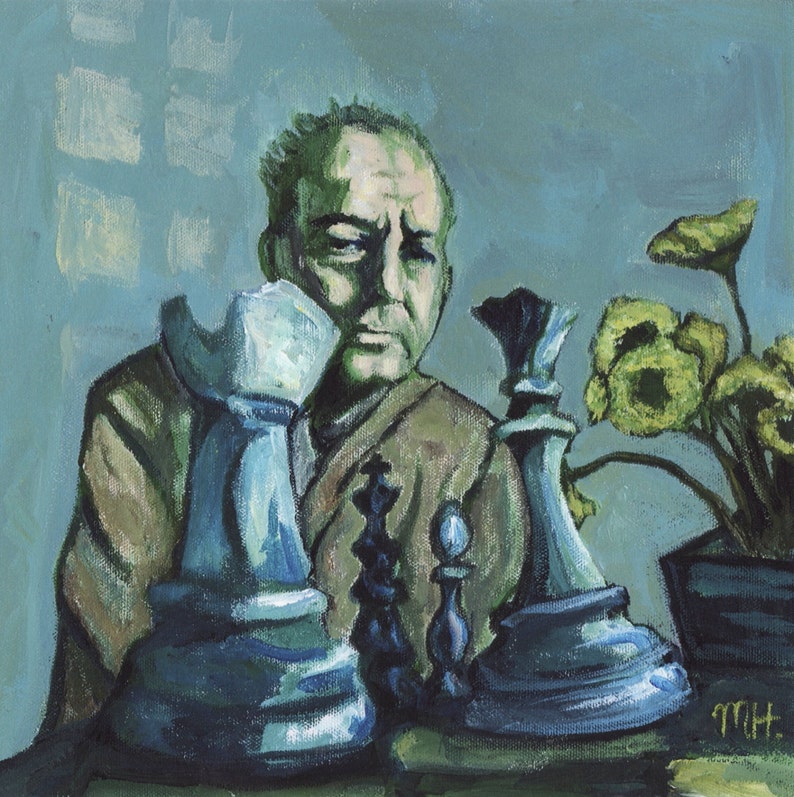
This is not an idle metaphor. Boyd describes Nabokov’s love of concocting chess puzzles and quotes at length from Speak Memory.
Here’s the passage in Nabokov’s own beautiful prose.
“It should be understood that competition in chess problems i not really between White and Black but between the composer and the hypothetical solver (just as in a first-rate work of fiction the real clash is not between the characters but between the author and the world), so that a great part of a problem’s value is due to the number of ‘tries’–delusive opening moves, false scents, specious lines of play, astutely and lovingly prepared to lead the would-be solver astray.”
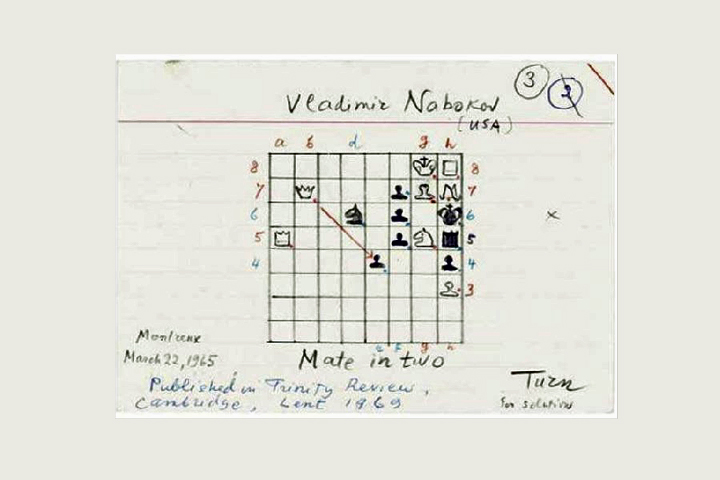
Boyd then quotes from an interview where the interviewer asked Nabokov about this passage. Nabokov insisted that he had not written “author and the world,” but had written “author and reader.” Boyd thinks that this is his true meaning.

I buy all this. But Boyd has a bit of disdain for James Joyce along the lines of Bradfield. Both men seem to realize the beauty of Joyce’s prose (especially excluding Finnegans Wake). I am interested if I can learn about Nabokov’s attitude toward Joyce. I think that Bradfield and Boyd miss something about Joyce. Since they are academics they cannot resist rancor at what they see at Joyce’s willful obscurity. I and others I have read who love his entire opus see much more playfulness and humor in Joyce than they seem to.

Regarding Morrison, I listened to an excellent lecture by David Carrasco this morning. He describes visiting Mexico in Morrison’s company and her amazing visit there which included meeting Marquez and seeing Frieda Kahlo’s garden and home. I like Carrasco.
He also talks about Song of Solomon which I am still processing.






